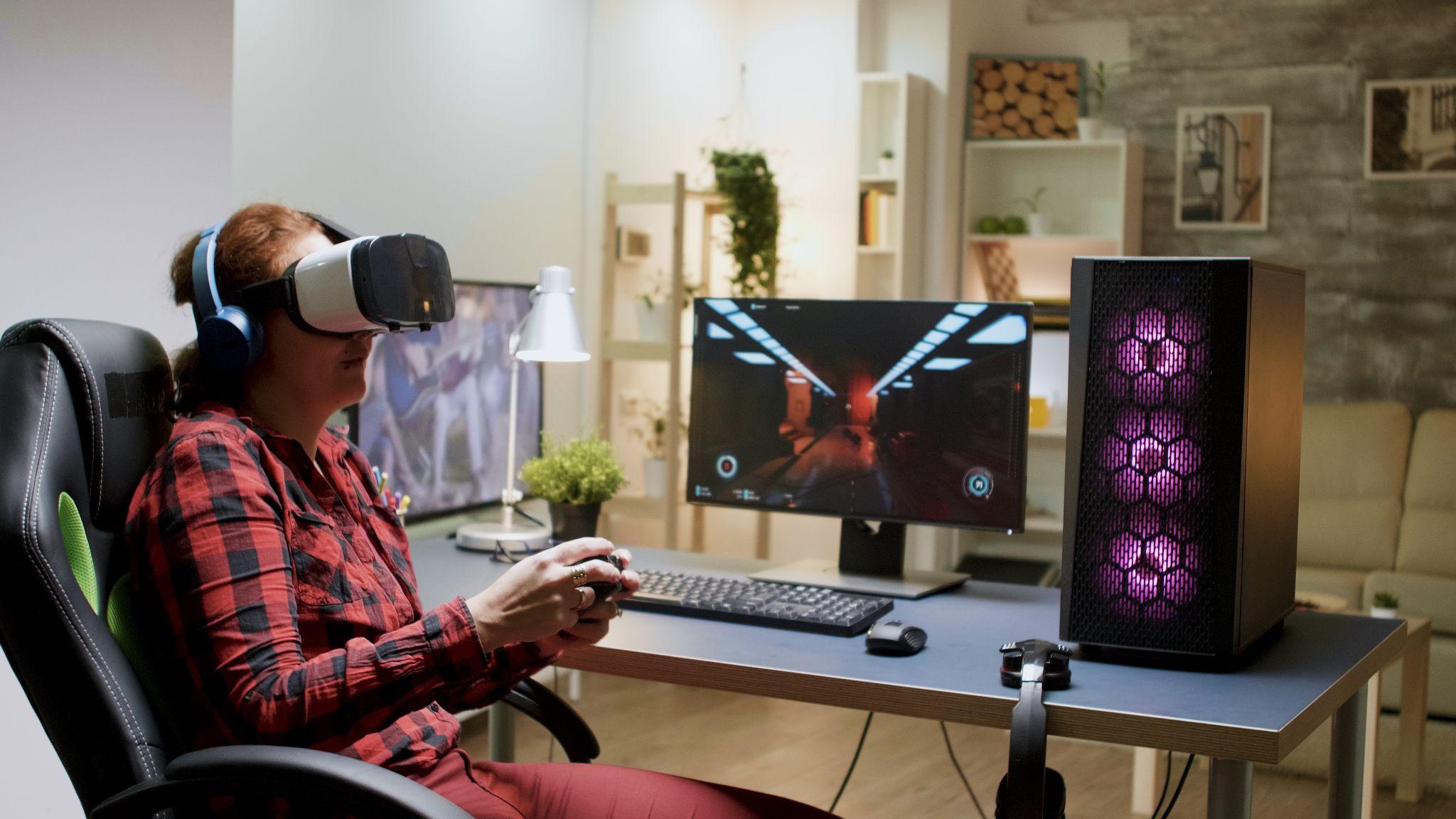
If you want to know how much RAM is enough for gaming smoothly, then this article will help you resolve all your queries regarding the same.
Random Access Memory (RAM), which is another name for gaming memory, is very important for PC players who want their games to run quickly and smoothly. If your PC freezes or responds slowly while you play, you might need to add more memory. Anyone who wants to enhance their gaming experience should make sure they have more memory than they need for the games they want to play. For better frame rates and faster responses, add more RAM.
How much memory you need for gaming will depend on the games you want to play and whether you need to use other programs at the same time. But it’s important to remember that memory isn’t the only thing you should think about if you want to improve your game experience as a whole. The way you play will also be affected by your graphics card, processor, SSD, and operating system, for which you can use the Best Game Boosters and Optimizers. Today, with the help of this article, we would like to provide you with some information on RAM and how much you need for decent gaming.
How Does RAM Work in Your Computer?
Interposed between your hard drive (HDD) or solid-state drive (SSD) and CPU, random-access memory (RAM) serves as your computer’s short-term, fast-access storage. ROM (HDDs and SSDs) are a kind of long-term memory. Launching a game on a PC loads all the necessary data that your PC may need to access while playing the game into RAM.
Data retrieval from the ROM is a time-consuming and sometimes inefficient process. The continual back-and-forth data exchange that occurs with storage may be significantly reduced with more RAM, resulting in speedier response times for games and programs.
Terminology of RAM
Now we will examine several important RAM components and what they signify.
Memory
Memory is the specific region of the CPU that holds data and programs while the machine is running. Several distinct kinds of memory exist. Among them is RAM.
RAM
This is the mainframe, one of several memory areas within the computer. A larger amount of random access memory (RAM) allows your computer and processor to handle more applications and data at once. For those times when you need to multitask, whether it’s a demanding game or a mountain of work, this is a lifesaver.
SSD
SSDs play an essential role in RAM and computer memory. The SSD is an auxiliary computer storage device.
GB
A gigabyte is abbreviated as GB. To put it simply, a gigabyte is the standard unit of measurement for storage on most electronic devices. The greater the number of gigabytes, the more memory your gear is capable of handling.
Read Also: The Evolution and Impact of Online Gaming
How Much RAM Is Enough for Gaming?
Game titles and formats dictate their specific RAM needs, so it’s hard to say how much you’ll need for gaming in general. Before you buy a game, be sure your computer meets the minimum specifications set forth by the developer. If you want a more detailed breakdown of RAM requirements, consider the following typical amounts and the types of users that would benefit most from them.
4GB: You should only consider low-end Chromebooks and certain tablets with 4GB of RAM if you’re on a very tight budget.
8GB: Basic laptops usually have this loaded. At lower settings, it works great for basic Windows gaming, but it quickly loses steam.
16GB: Works well with Mac OS X and Windows, and it’s also a decent gaming PC, provided it has fast RAM (though certain games still need more).
32GB: For serious players and pros, this is the optimal setting. You can play any game with it, and it’s still cheap.
48GB: If you’re looking to save money but still require more RAM than 32GB or 64GB, consider using a non-binary memory kit.
64GB and more: This is reserved for dedicated enthusiasts and custom-built workstations. Professional audiovisual editors, engineers, and others with comparable skills should begin here and advance if necessary.
Always keep in mind that purchasing more RAM is essentially a waste of money, as it does not improve performance. Spend the rest of your spending on essential components like the CPU or graphics card, and buy just what you need.
Final Thoughts
Finally, how much RAM you need for games will depend on your income and what you plan to do with it. If you want to buy RAM, make sure that its specs meet your individual needs FIRST. It is important to make sure that the RAM is balanced with the rest of your system’s parts because they all affect how well it works as a whole.








